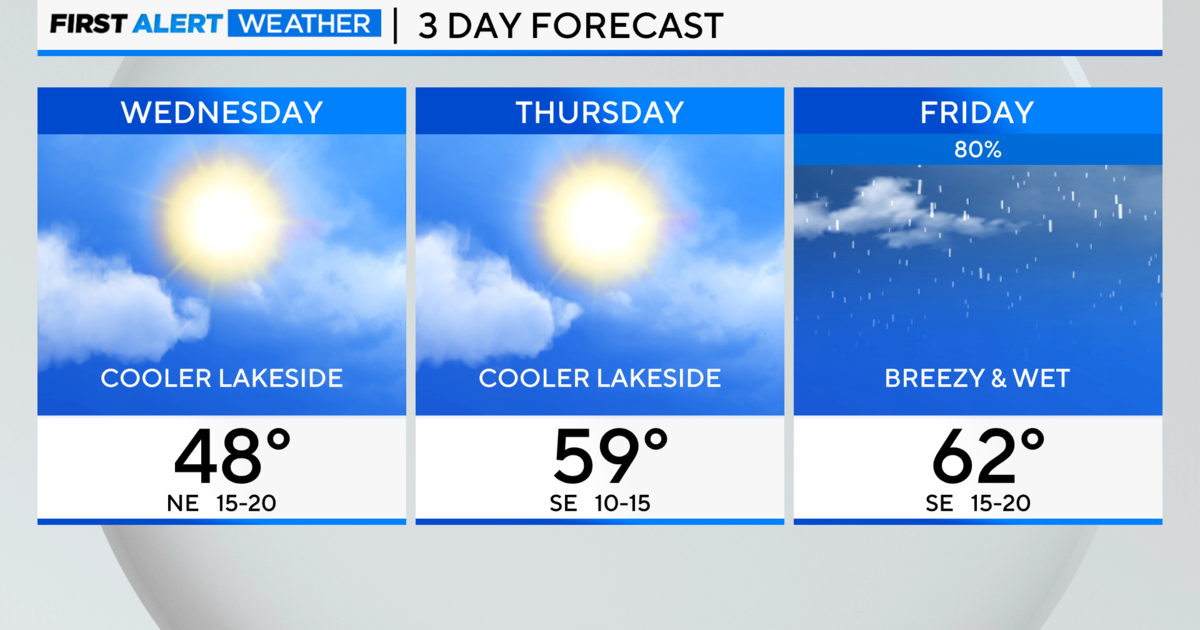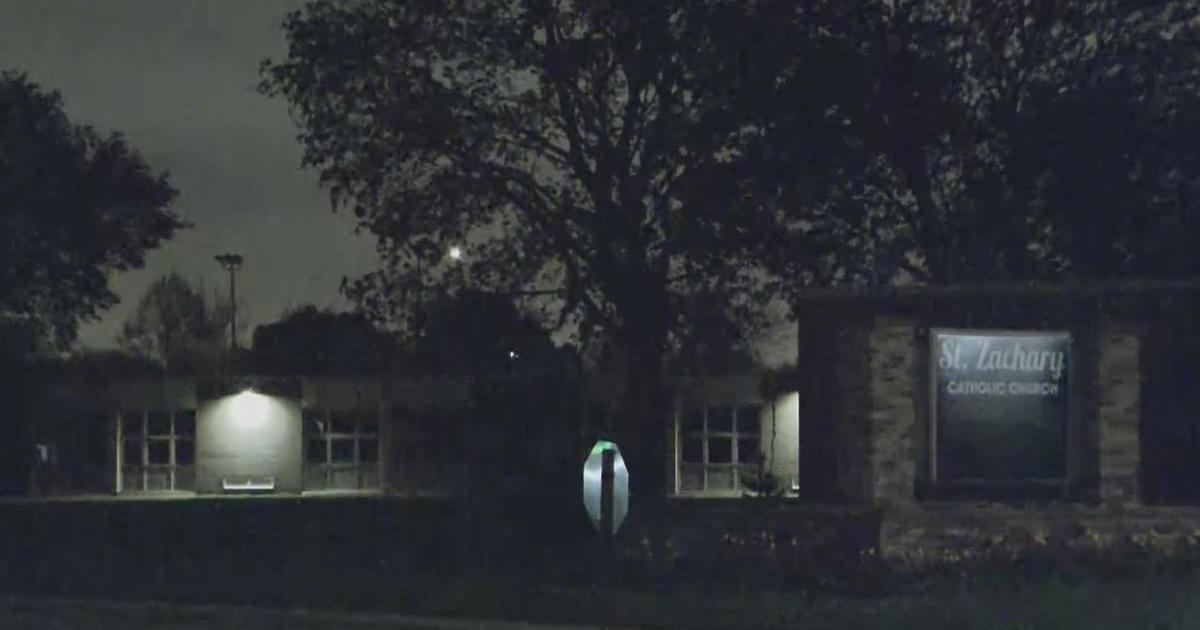Warming On Way: How Much Snow Will Melt?
By John Dodge
CHICAGO (CBS) -- Looking ahead to next week, Chicagoans will get a welcome winter respite with temperatures expected above freezing for several days in a row.
Even a day or two near 50 degrees is possible.
That got us to wondering: How long will it take to melt all of this snow?
Not accounting for the huge piles that are in parking lots, driveways and, it seems, just about everywhere, the Chicago area has at least of foot of snow on the ground. Some areas have much more.
Just like deciding how many licks it takes to get to the center of a Tootsie Pop, the melting rate depends on a variety of factors, CBS 2 meteorologist Ed Curran says.
Three days of temperatures at 50 degrees can melt 2 to 4 inches of snow. If temps fall below freezing at night, the process will be slower.
The amount of moisture in the air can accelerate the melting process, while wind will carry away the moisture and preserve the snow pack.
Sun, of course, will melt snow faster, even on days when it's below freezing.
And the color of the snow plays a role, too.
White snow reflects sunlight and melts slower, while dirty snow absorbs it and melts faster.
If snow melts too quickly, Chicago could see flooding.
There are up to four inches of water locked up with the snow pack. Plus, the ground is frozen between eight to 18 inches below the surface.
That means all that water won't be absorbed into the ground, creating the potential for significant runoff.
Rain is possible next week as well, which would just add to the potential mess.
Other complicating factors are ice and snow blocking storm drains. Residents should go out this weekend and clear them.
Ice jams on rivers may impede the flow of water.
That can cause water to back up, including some spots that typically don't get floods.
There is also the potential for home damage from melting ice and snow that can't drain properly due to ice damming on roofs and in gutters.
"If it happens at a reasonable rate, the snow can melt, evaporate or runoff and the ice can break up nicely," Curran said.
"Wednesday, Thursday and Friday of next week will be a key period to watch."



